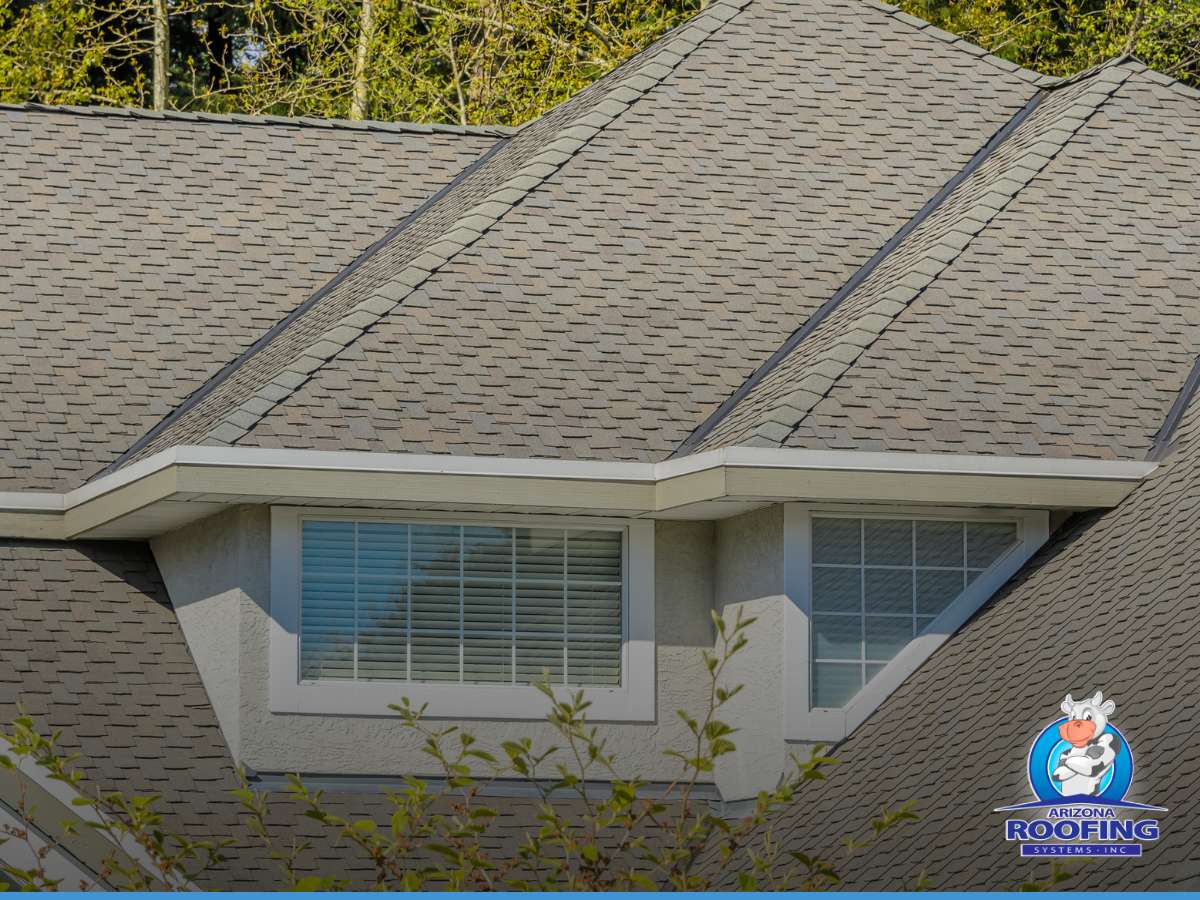Retaining Warmth In Winter: How Roofing Options Enhance Comfort & Reduce Energy Costs
Choosing the right roofing material isn’t just about looks, it’s also about how energy-efficient your home can be. From keeping your interior cool in scorching summers to retaining warmth during chilly winters, roofing materials have a strong impact on energy consumption, so it’s essential to choose the right material.
In the following article, we’ll explain some key factors roofing contractors consider when recommending roofing materials. Understanding these factors can help you make an informed decision to improve comfort while reducing long-term energy costs.
Key Factors Influencing Energy Efficiency
Material
Asphalt Shingles
Asphalt shingles are the most popular because they are durable and affordable. They are usually made up of a base mat (typically an organic component like cellulose or an inorganic material like glass fibers) that blends in with asphalt. This increases the tiles’ durability and ability to withstand rain, wind, hail, and other factors in practically any climate.
Asphalt shingles are also waterproof, fireproof, and UV-protective. However, they have a quite uniform look, so they’re not the best choice for a unique or high-end roof.
Clay Tiles
While its popularity has decreased in recent years, clay tile remains an attractive roofing option with plenty of regional appeal. These tiles give your home a distinct layered appearance while providing remarkable strength against wind storms (including tornadoes and hurricanes), earthquakes, salty air, and even flames. They are also pest and rot-resistant.
Clay tiles are quite heavy and require a strong roof structure to withstand their weight, so they’re not suitable for steep roof pitches. They’re also more expensive than asphalt and metal roofing.
Roofing contractors recommend clay tiles for many homes in Arizona due to their heat resistance but remember that you must take care of them properly to guarantee their longevity.
Concrete Tiles
Another tile option is concrete, which is as durable as clay tiles but lighter in weight. These tiles are very resistant to fires, wind, earthquakes, and other hazards, while also allowing you to personalize the appearance of your home’s façade. However, concrete tiles are slightly less durable than clay tiles.
Reflectivity & Emissivity
Reflective materials are another important factor regarding energy efficiency as they reduce heat absorption in buildings. These materials are known as “cool roofing” because they’re designed to reflect more sunlight and absorb less heat than standard roofing materials. By reflecting the sun’s rays, they keep the surface of the roof cooler and reduce the amount of heat transferred into the building.
The effectiveness of these materials depends on their solar reflectance or albedo. High-reflectance materials, like white or light-colored roofs, can reflect up to 80% of the sun’s rays, leading to a lower surface temperature. This reduction in heat absorption leads to cooler indoor temperatures, decreased reliance on air conditioning, and ultimately lower energy bills.
In addition to reflectivity, you should also consider the importance of emissivity, especially to manage heat and energy.
Emissivity refers to a material’s ability to release absorbed heat. High-emissivity materials can effectively radiate absorbed heat back into the atmosphere, which is essential to avoid heat buildup in the building’s structure.
In essence, even if a roofing material absorbs some heat, a high emissivity rating allows it to cool down faster by releasing that heat as infrared radiation. This process helps maintain lower temperatures on the building’s surface and inside, contributing to better energy efficiency.
What Are Some Of The Benefits Of Energy-Efficient Roofs?
- Reduced Energy Bills: An energy-efficient roof can considerably reduce your heating and cooling bills, resulting in long-term savings.
- Environmental Impact: Reducing your energy consumption reduces your carbon footprint, which contributes to a better planet.
- Enhanced Comfort: An energy-efficient roof contributes to a more comfortable internal temperature by minimizing chilly breezes and searing heat.
- Savings: While savings vary depending on factors like climate and insulation, you can still save up to 30% on your energy bills with energy-efficient roofs.
What Should I Consider When Selecting An Energy-Efficient Roof?
Geographic Location & Weather
When choosing the best energy-efficient roofing material, consider your local climate. Some materials are better for hot, sunny environments like the one we have in Arizona, while others thrive in colder temperatures.
Insulation & Ventilation
Proper insulation and ventilation are required for an energy-efficient roof. They ensure that your home’s temperature remains stable throughout the year.
Roof Color & Reflectivity
The color and reflectance of your roof affect its energy efficiency. Lighter-colored roofs reflect more sunlight, whereas darker roofs absorb heat.
Sustainability
Consider the roofing material’s sustainability. Sustainable decisions not only benefit the environment but can also result in tax breaks and refunds.
Consult With Roofing Experts For Energy-Efficient Solutions In Arizona
If you’re considering upgrading your home’s roofing to improve its energy efficiency, you should consult with Arizona roofing specialists who know the finest materials and techniques. Arizona Roofing Systems is here to help. Contact us now for more help!
Consult With Roofing Experts For Energy-Efficient Solutions In Arizona
If you’re considering upgrading your home’s roofing to improve its energy efficiency, you should consult with Arizona roofing specialists who know the finest materials and techniques. Arizona Roofing Systems is here to help. Contact us now for more help!
ARIZONA ROOFING SYSTEMS
935 E. Sorenson
Mesa, AZ 85203
Tel: 480-218-8888
Email: [email protected]
Website: www.azroofingsystems.com

